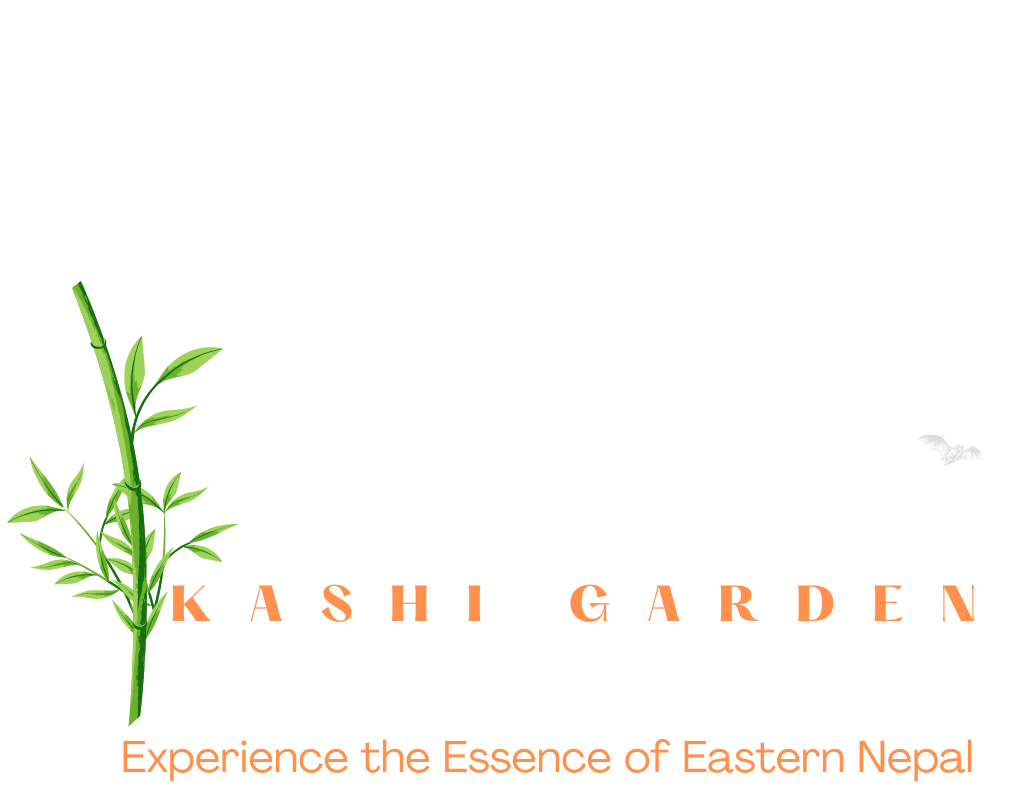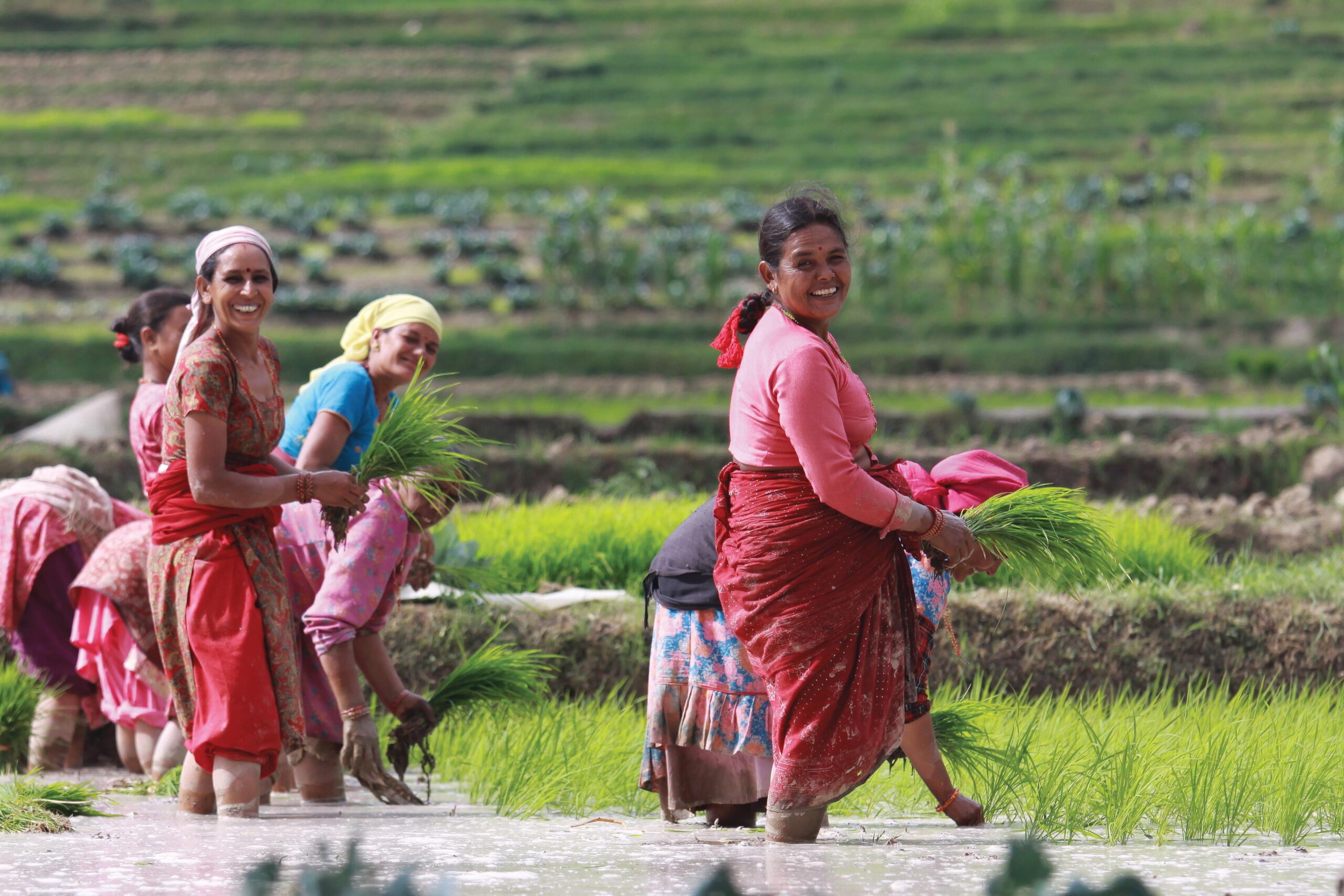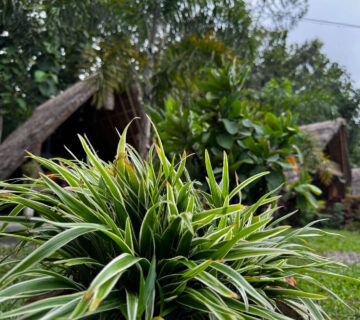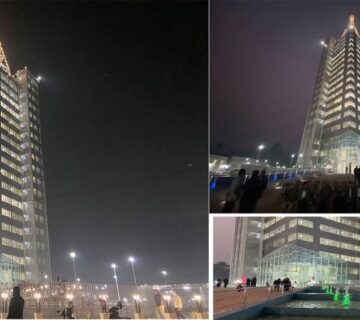By:Kashi Garden Team
Damak, Eastern Nepal
Every year on Asar 15, Nepal marks one of its most grounded and joyful agrarian festivals—Rastriya Dhaan Diwas or National Paddy Day. This day is more than just about planting rice; it’s about celebrating the very backbone of Nepal’s rural economy—agriculture—and acknowledging the hardworking hands that feed the nation.
From the misty terraces of Illam to the expansive fields of Jhapa and Morang, and into the vibrant farmlands surrounding Damak, Asar 15 resonates with rhythm, resilience, and rituals.
Traditionally, Asar 15 heralds the beginning of Nepal’s monsoon-fed rice plantation season. With muddy fields ready and the skies offering a welcome downpour, farmers across the nation step into their paddies barefoot, singing folk tunes and throwing handfuls of mud with laughter and camaraderie. It’s a day of labor, yes—but also one of hope, renewal, and joy.
Eating dahi-chiura (curd and beaten rice) on this day is a cultural symbol of solidarity with farmers, giving them much-needed energy and reminding all of us where our daily meals originate.

Eastern Nepal: Where Agriculture Meets Tourism
While Asar 15 is celebrated nationwide, Eastern Nepal has quietly become a hub where agriculture and tourism harmoniously intersect. Regions like Jhapa, Morang, and Sunsari are among the largest rice-producing belts in the country. These districts not only contribute significantly to Nepal’s food supply but also serve as potential agri-tourism hotspots.
Places like Damak are seeing innovative community-led destinations such as Kashi Garden integrating local culture, cuisine, and green spaces to offer immersive rural experiences. Visitors can enjoy traditional food, observe paddy plantations, and even participate in farming activities—an authentic experience of the land and its people.
According to the Ministry of Agriculture and Livestock Development, paddy accounts for more than 20% of Nepal’s agricultural GDP, with over 65% of the population directly involved in farming. In such a context, celebrating Asar 15 goes far beyond symbolism—it is a tribute to the economic and cultural identity of Nepal.
Why the Day Matters Now More Than Ever
In the face of climate change, youth migration, and declining interest in agriculture, Asar 15 is a reminder that farming is not just an ancestral practice—it is a future-forward necessity. By marking this day, we rekindle respect for sustainable farming and encourage the next generation to value the earth and its bounty.
Moreover, with rising interest in eco-tourism and sustainable experiences, festivals like Asar 15 offer a unique opportunity for visitors—domestic and international—to connect with Nepal’s roots. They don’t just witness culture; they become a part of it.

At Kashi Garden in Damak, this year’s Asar 15 celebration is rooted in simplicity and tradition. Guests are invited to enjoy a special Dahi-Chiura menu, explore lush natural surroundings, and reflect on the meaning of this day. With child-friendly open spaces, photography sessions, and a uniquely Eastern Nepali ambiance, we welcome everyone to experience more than just a meal—a connection to the land.
Asar 15 is more than a date on the calendar—it’s a movement that connects the food on our plate to the sweat of a farmer’s brow. It invites us to be grateful, to celebrate together, and to commit ourselves to a sustainable, respectful future. Whether you’re a farmer, a traveler, or someone simply curious about your cultural roots—Asar 15 has something meaningful for you.
Happy Asar 15!
Visit us at Kashi Garden, Damak-4, Jhapa
📞 Call: 9808963612 | 9845006260
Resources:
Featured Image Source: i0276-4741-34-3-297-f01.jpg (3915×2610)





No comment